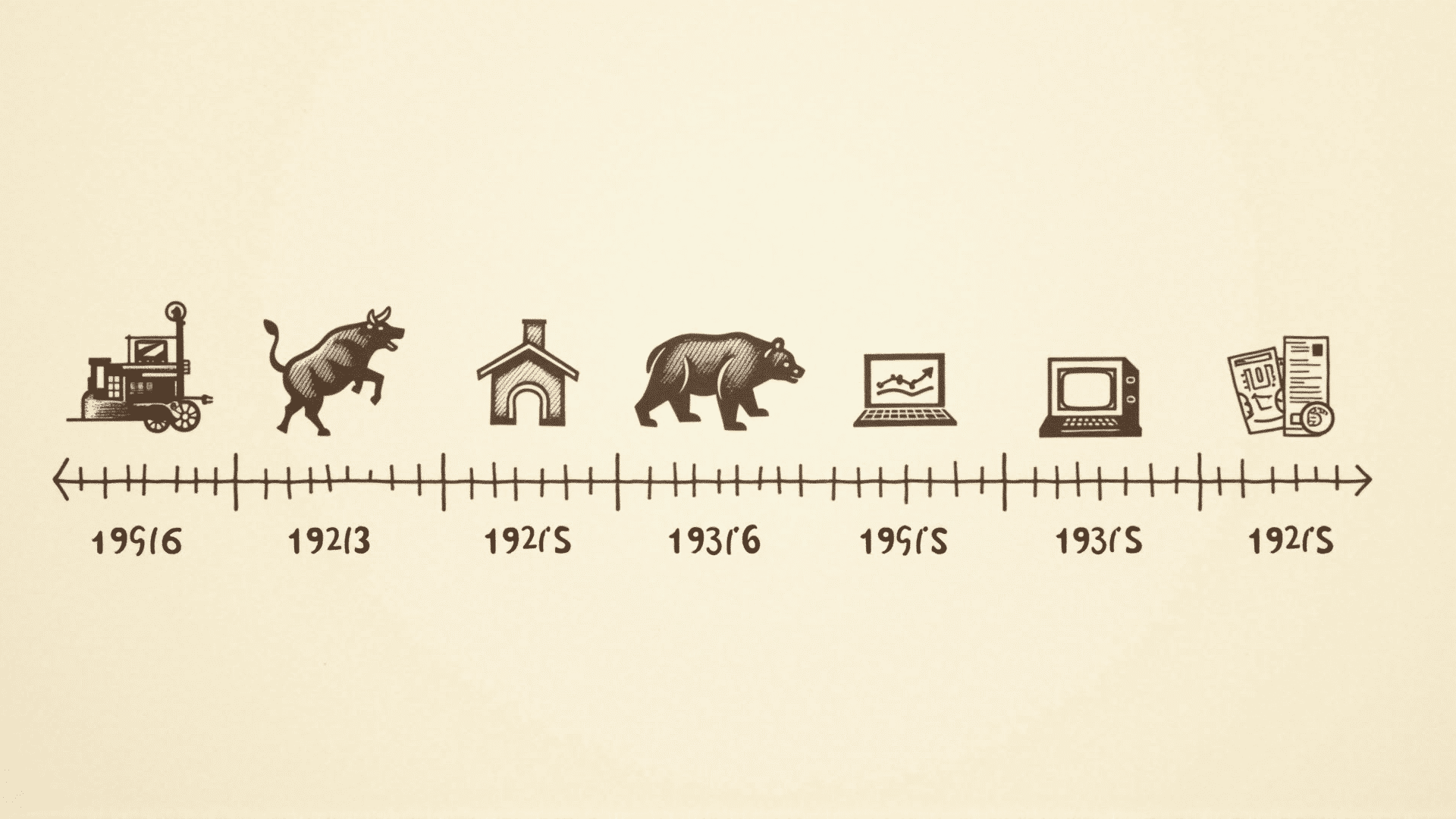Throughout history, individuals and societies have engaged in a variety of practices aimed at securing and enhancing their economic stability. The strategies employed have evolved significantly, reflecting shifts in societal norms, technological advancements, and ethical considerations.
In ancient times, bartering was a common method of exchanging goods and services. Communities relied on this approach due to the absence of a formal financial system. As civilizations progressed, the concept of money was introduced, offering a standardized medium of exchange that facilitated trade and economic growth. Coin minting and the establishment of marketplaces marked a transformational period, enabling the accumulation of wealth and the development of complex economic systems.
The Middle Ages saw the rise of merchant guilds, which played a critical role in regulating trade and ensuring fair practices. This period also witnessed the early emergence of banking, where money changers provided safekeeping services and loans, fostering the growth of commerce across regions.
The Industrial Revolution brought about tremendous changes, paving the way for modern economic systems. Technological advancements and the rise of factories required substantial capital, leading to the creation of new financial instruments. This era saw the birth of stock exchanges, allowing individuals and businesses to pool resources and share in potential returns. Such developments marked a significant departure from past practices, emphasizing innovation and large-scale production.
In the 20th century, the global economic landscape underwent further transformation. The advent of technological tools revolutionized transaction processes and information dissemination. This era underscored the importance of informed decision-making, leading individuals to prioritize research and knowledge acquisition as critical components of economic activity.
Ethical considerations also gained prominence over time. Societies began to recognize and address the impact of economic practices on broader social and environmental contexts. The emphasis on ethical paradigms and sustainability became central themes, prompting a shift towards practices that balance economic growth with social responsibility.
As we look to the future, the lessons of the past offer valuable insights. Understanding the evolution of economic practices enables individuals to navigate current complexities with an informed perspective. Embracing change, while adhering to ethical standards, can ensure long-term success and resilience in an ever-evolving economic environment.
